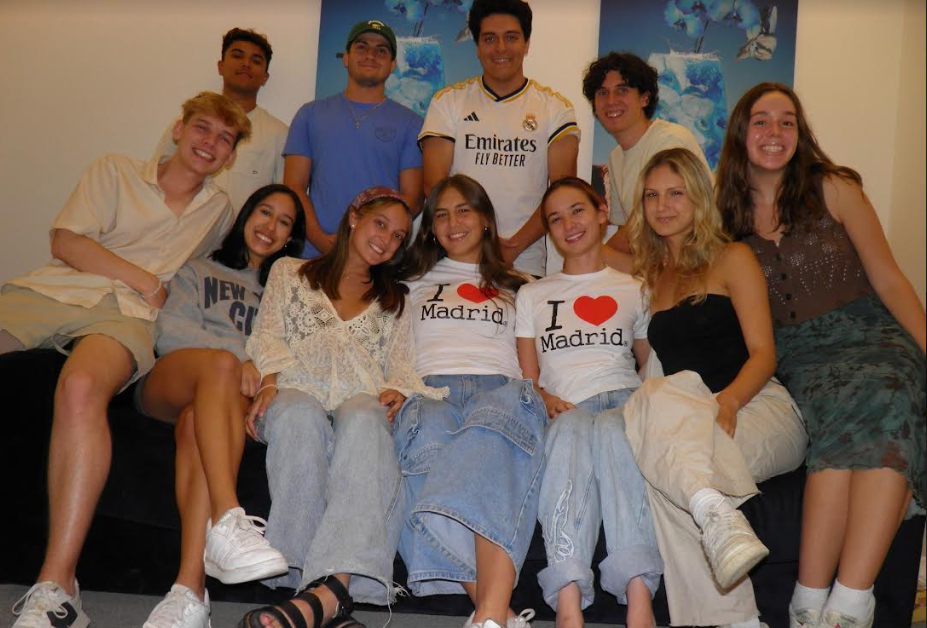
My critical incident was a small interaction in an Uber. However, these interactions happened somewhat regularly. My friends and I got into the daily Uber to the coffee shop to do homework, however, the Uber began interrogating us about our religious backgrounds. He proceeded to tell us that we were wrong for practicing the religion that we did (while using slurs for catholic people in Arabic) and that because of this we were flawed people. Then, he said we must listen to the Quran and he played it on the radio for the remaining five minutes of the Uber Ride. My in-the-moment response was silence and disappointment. Obviously, I was not going to argue with the driver out of fear of what the retaliation would be. However, I was shocked by how close-minded he seemed to be. From this, I made the interpretation that the people who practiced Islam in Jordan hated anyone who practiced something else. This initial evaluation and interpretation did not reveal much about my cultural expectations because I felt like I did not have many in regard to the issue of religion, although maybe I should have.
This critical incident definitely made me feel as if I didn’t belong or wasn’t accepted culturally in this country. After using the D.I.V.E. exercise I feel more sympathetic and less resentful to the man who said this to us. I don’t feel as though I missed anything when I describe the incident objectively, however, I do not always consider the religious climate of the country and the lack of religious diversity as well. If I considered these factors a bit more at the time of the incident, I may have had more of an understanding and acknowledgment that these beliefs were founded due to a lack of exposure to any sort of other religion or opposing viewpoint. Indeed, if I had never been exposed to any sort of religious diversity in my life I too would believe that the way I practiced religion was the only good way.
There was no way to really verify this incident. We did ask our professor what the words he used to decide Catholics meant in Arabic, and she did confirm that they did confer ill will. Using the D.I.V.E. exercise was helpful because it allowed me to dig deeper into the root causes of this critical incident and it helped put me at ease a bit more. I think I would use this again in the future to help keep my emotions in line and to fend against the formation of harsh stereotypes due to isolated incidents with people in cultures that are unfamiliar.





